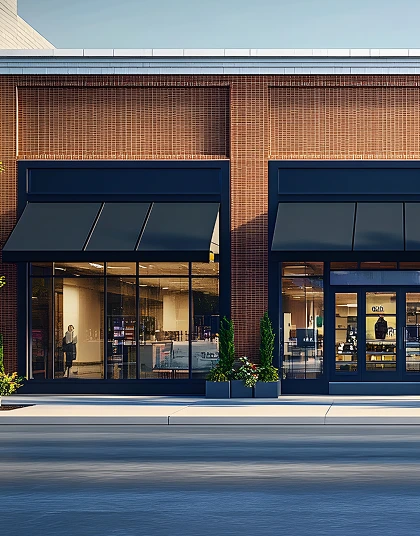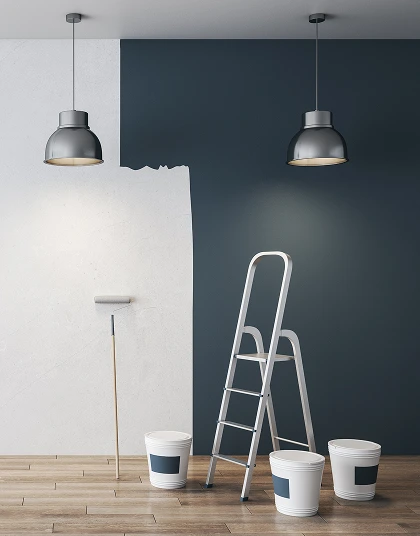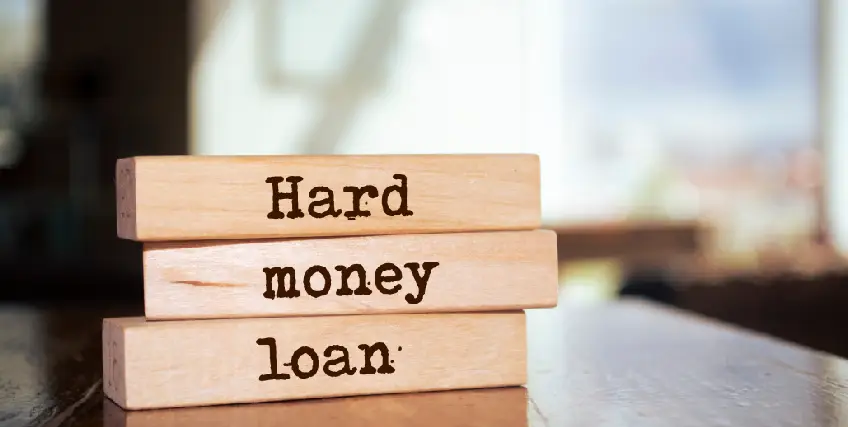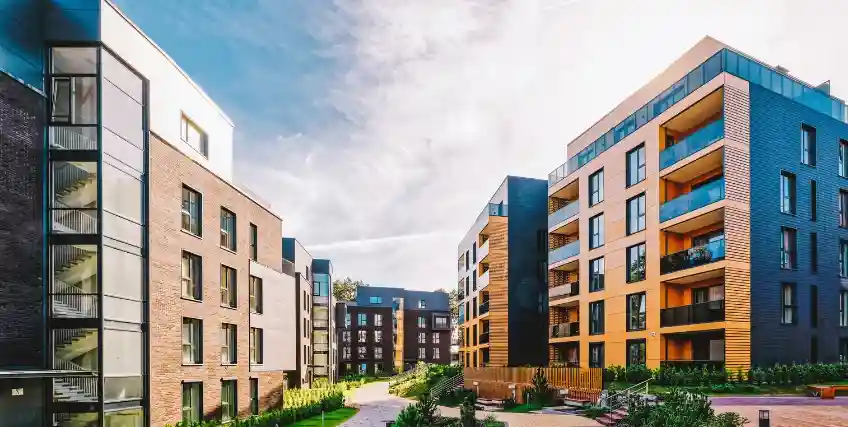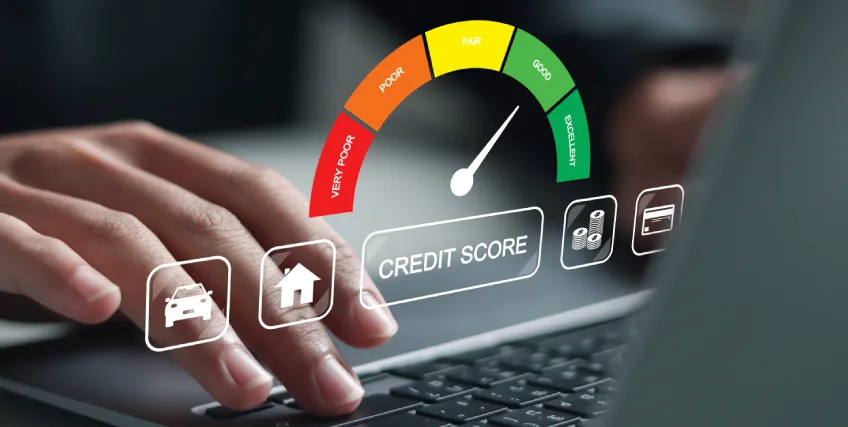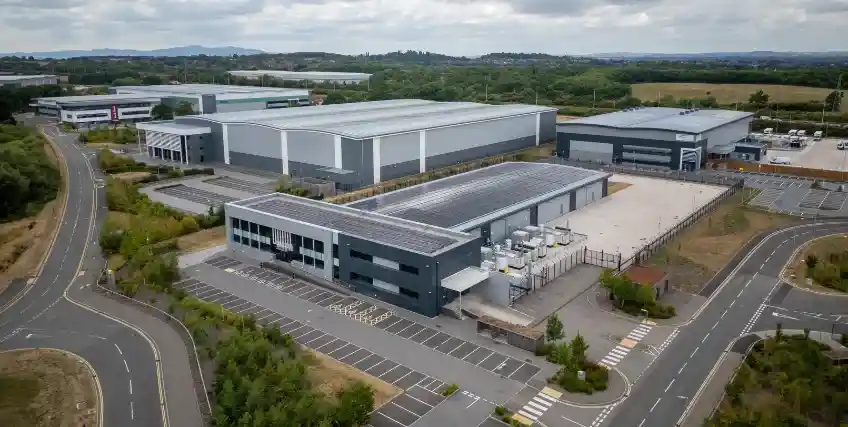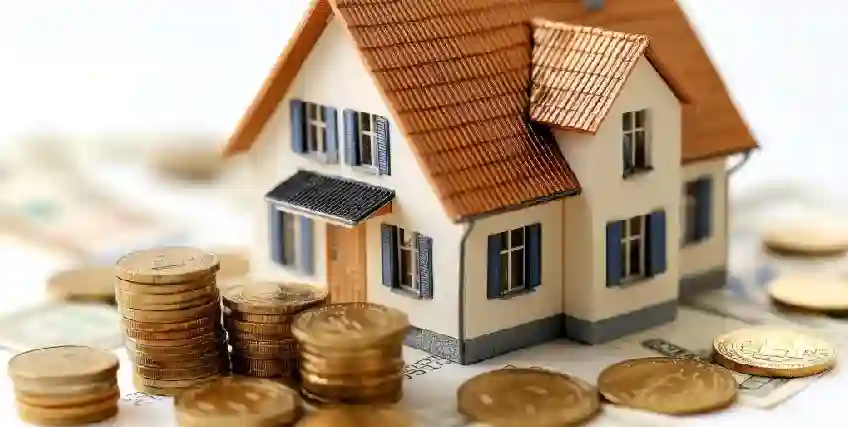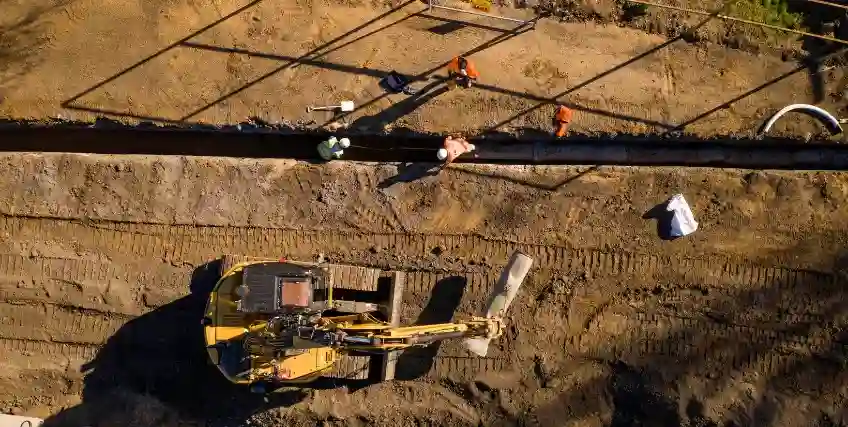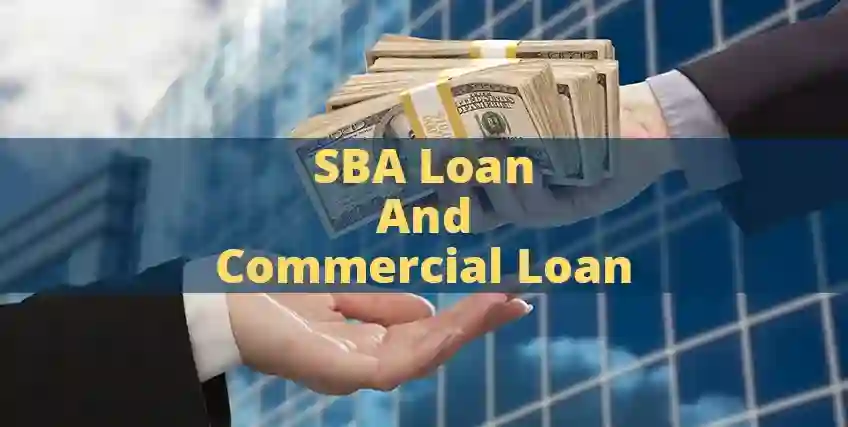Get More from Every Square Foot with Commercial Real Estate Loans
Access capital secured by commercial real estate to capture your biggest business opportunities.
By accessing or applying for Business Finance Services from Biz2Credit relating to your potential business funding or other business financing products, you agree to our Terms of Service, Business Financing Terms and Conditions, and Privacy Policy.
Commercial Real Estate Loan Overview
$250K-$6M
Loan Amounts Available
Only up to 36 Months
Interest
Tailored Support
CRE Lending Expert Standing By
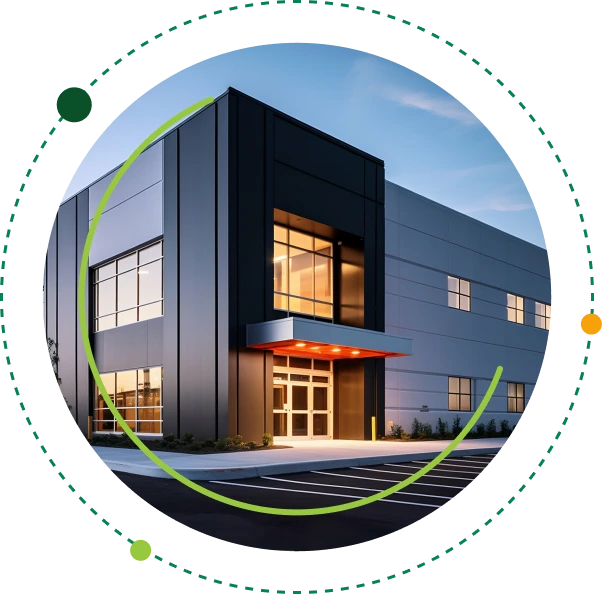
What is a Commercial Real Estate Loan?
If you're thinking of buying, revamping, or even expanding a piece of property for business, you should explore commercial real estate loans. These loans are backed by the property itself, not just your credit score. In simple words, your property becomes collateral for your funding, and you would not have to solely rely on your credit score to get access to the capital. You can use them to purchase office buildings, warehouses, storefronts, or even large multi-unit rentals. Terms may vary depending on the lender, but most come with fixed or variable interest and multi-year repayment timelines.
Biz2Credit is one of the trusted provider across the country when it comes to funding through commercial real estate (CRE) loans. We work with our customers to ensure they get the best value from their property to support their business goals.
Why Choose Biz2Credit's CRE Loan?
Tap into interest-only financing, with funding based on your commercial property's equity and your business cash flow.
We offer terms* from 5 to 20 years to give you flexible payment options so that you can chase your goals without the pressure.
*Terms vary depending on qualifications
Repayment Simplicity
Enjoy predictability and flexibility with monthly payments and interest-only payment options.
Dedicated Funding Specialists
Talk to our commercial real estate loan expert to find the right amount for your business. Our CRE team will guide you through the process from start to finish.
Efficient CRE Lending
You focus on your goals. We'll streamline the CRE lending process and manage the details.
Note: CRE Loans are structured financing complex deals and typically have longer closing cycles than traditional business loans. Closing times vary.
Why Businesses Count on
Commercial Real Estate Loans
Running a business isn't just about space. It's about control, stability, and growth. That's why so many businesses choose commercial real estate loans from Biz2Credit. Here's what makes them worth considering:
- Build Equity Over Time
- Gain Long-Term Stability
- Improve Cash Flow with Rental Income
- Customize Your Space, Your Way
- Boost Your Business Credit Profile
- Hedge Against Market Rent Increases
Renting or leasing a property tend to drain cash. But owning it can be an investment. Every payment on your commercial real estate loan builds equity in a property that could appreciate in value. It's not just space. It's an asset that grows with your business.
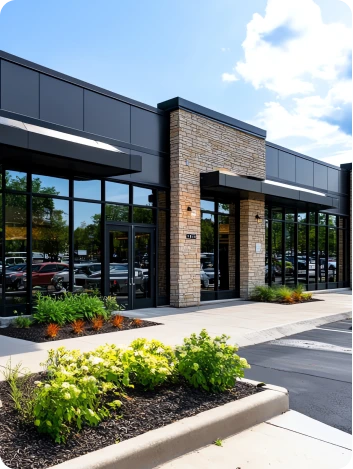
Lease hikes? Relocation stress? Gone. When you buy, you lock in a space. It means no surprises year to year. With commercial real estate loans, you get predictable monthly payments, no last-minute moving headaches.

Got extra space? Lease it. Whether it's a spare office or a retail front, commercial real estate lets you turn square footage into a second income stream. That rental income could even offset your monthly loan payment.
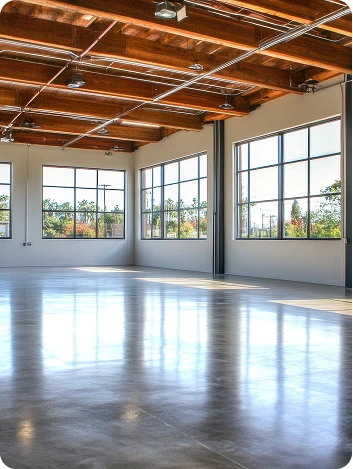
Tired of asking landlords for permission? Own the space, and do what you want with it. From design choices to layout changes, commercial real estate loans let you create the environment your business actually needs.

Successfully managing a commercial loan shows lenders you're solid. Over time, that can help you access even more capital, with better terms. It's a strategic move that opens doors.

Rent isn't getting cheaper. Locking in a purchase with a fixed-rate loan means you don't have to worry about rent jumping 10% next year. Your costs stay steady, even if the market gets wild.

Is CRE Loan Right for Your Business?
To get started with CRE Loan
Biz2credit Requires:
-
$250,000 or more
Annual Revenue
-
650+
Credit Score
-
At least 18 months
Time in Business Operations
-
Already have equity
in Commercial Property
What You Need to Apply for a
Commercial Real Estate Loan
Getting approved for commercial real estate loans isn't just about wanting the money. You'll need to show
you're ready.
Here is what Biz2Credit looks for:
Business Financial Statements
Ensure your income statements, balance sheets, and cash flow reports from the past 1-2 years are in proper order.
A Minimum of 650 Credit Score
Both your personal and business credit scores may be checked to assess your repayment history and risk profile. We consider applications with credit scores of 650 and above.
Business Plan with Property Details
If you're purchasing or renovating a space, show what for. Lenders want to understand how the property fits into your bigger business goals.
At Least 18 Months in Operation
Your business should have substantial operational history. Biz2Credit accepts applicants with at least 18 months in operation. This track record proves your staying power and gives confidence that your revenue pattern is reliable. Longer tenure often improves odds of positive funding decision.
Property Appraisal
The building you're eyeing or willing to put as collateral will need a formal appraisal. That ensures the loan amount makes sense based on the real value of the space.
Proof of Legal Business Entity
A basic but necessary requirement is the articles of incorporation, partnership docs, or an LLC certificate which will help prove your business is legit.
What Can You Do with a Commercial Real Estate Loan?
There's a lot more flexibility to CRE loans than people think. Here's how you can put one to work:

How Does a Commercial Real Estate Loan Work?
Commercial real estate loans work a lot like traditional mortgages, but they're built for business needs, and secured by commercial, not residential real estate. You apply through a lender, who looks at your credit, business finances, and the value of the property.
If approved, you'll get funds to buy, renovate, or refinance a building. The property itself acts as collateral.
CRE Loan Articles
FROM THE KNOWLEDGE CENTER*
*This information is provided for general information only ⓘ , does not constitute financial advice, and does not necessarily describe Biz2Credit commercial financing products.
Hard Money Lenders: What Makes a Good Lending Partner
Every small business owner or a real estate investor (REI) in the United States dreams...
What Are Average Commercial Real Estate Loan Terms and Why It Matters
Buying commercial property is a huge milestone for any small business. For most business owners, it requires a serious commitment.
Smart Steps to Getting the Lowest Rates on Your Business Investment Loan
Entrepreneurs take out small business investment loans to launch a new business, expand their current business
Construction Loans for Heavy Industrial Projects: Navigating Large-Scale Buildouts
Large industrial construction is today one of the biggest drivers of United States’ commercial real estate growth.
How to Get a Loan with No Credit for Your Small Business
Raising funds for any business is a tough challenge. This is especially true for new businesses.
How Economic Trends Influence Commercial Property Loan Requirements
Commercial real estate loans are considered as one of the most important financing solutions for small businesses
Understanding Commercial Property Loan Interest Rates: A Beginner’s Guide
When you are thinking of buying a new commercial property or rehabbing a new one, it means you have set a path to get a commercial real estate loan.
How Commercial Land Lenders Support Infrastructure Projects in Growing Cities
In today’s times, cities across the world are expanding fast. New neighborhoods, highways, and commercial centers are reshaping the skylines of the cities.
What’s the Difference Between an SBA Loan and a Commercial Loan?
Two of the most common forms of business lending are commercial loans and United States government-backed Small Business Administration (SBA) loans.
Frequently Asked Questions
1. What is a commercial real estate loan?
A commercial real estate (CRE) loan is financing for business properties such as office buildings, retail spaces, or warehouses. Unlike residential mortgages, these loans are tailored to business needs and secured by commercial property.
2. How do I qualify for a commercial real estate loan?
Lenders typically look at your credit score, business financial statements, time in business, and the property’s appraisal. Having a solid business plan and legal proof of your business entity can also improve your chances of approval.
3. What can I use commercial real estate loans for?
You can use a CRE loan to purchase new property, expand or renovate existing space, refinance an existing mortgage, or invest in rental properties. The loan provides funds while the property acts as collateral.
4. What are typical commercial real estate loan terms?
CRE loans repayment terms will vary, with fixed or variable interest rates. Lenders may require a down payment depending on the property and borrower’s financial profile.
5. How long does it take to get approved for a commercial real estate loan?
Approval can take anywhere from a few weeks to a few months. The timeline depends on the lender and timeliness of documents.

